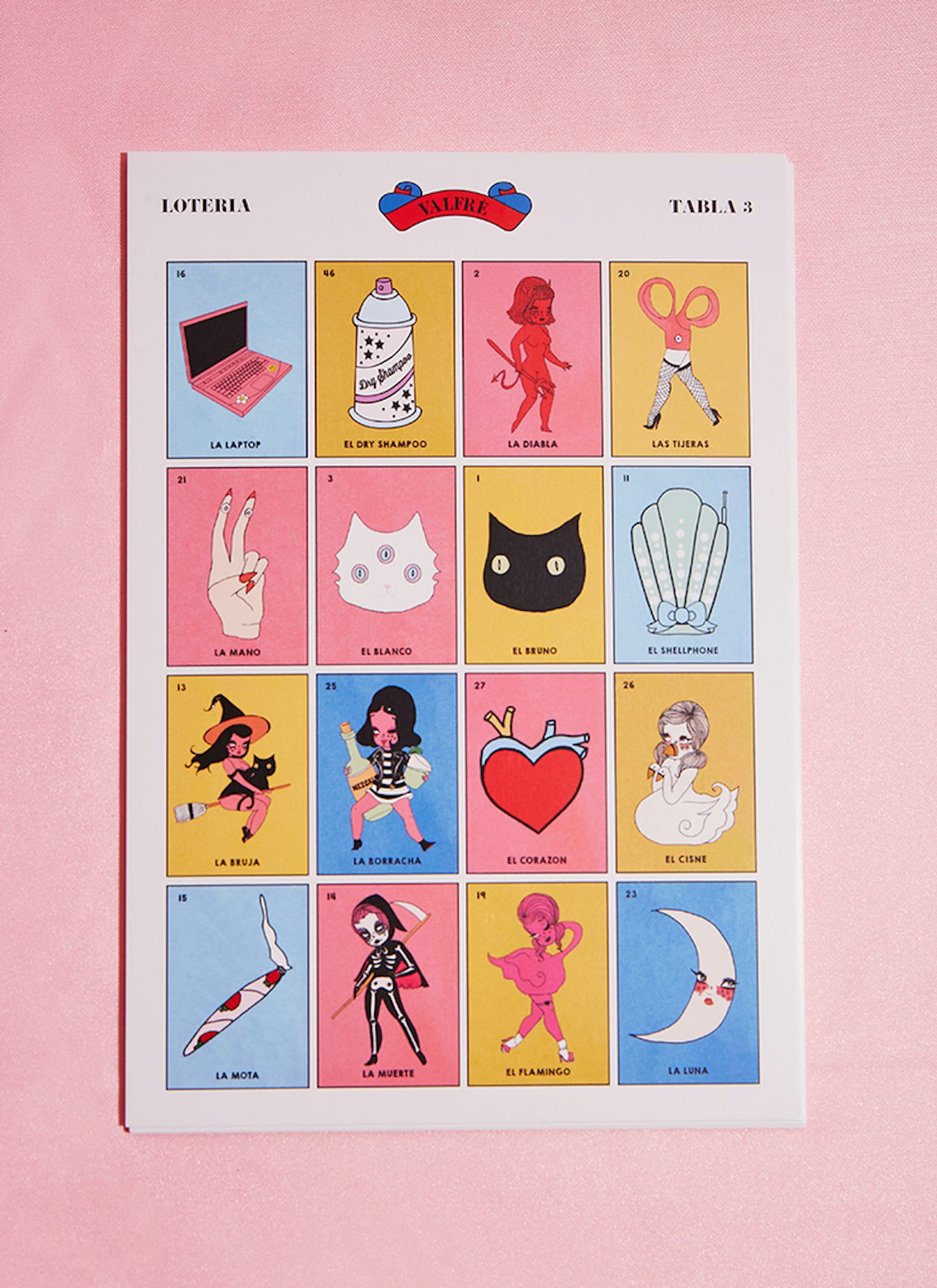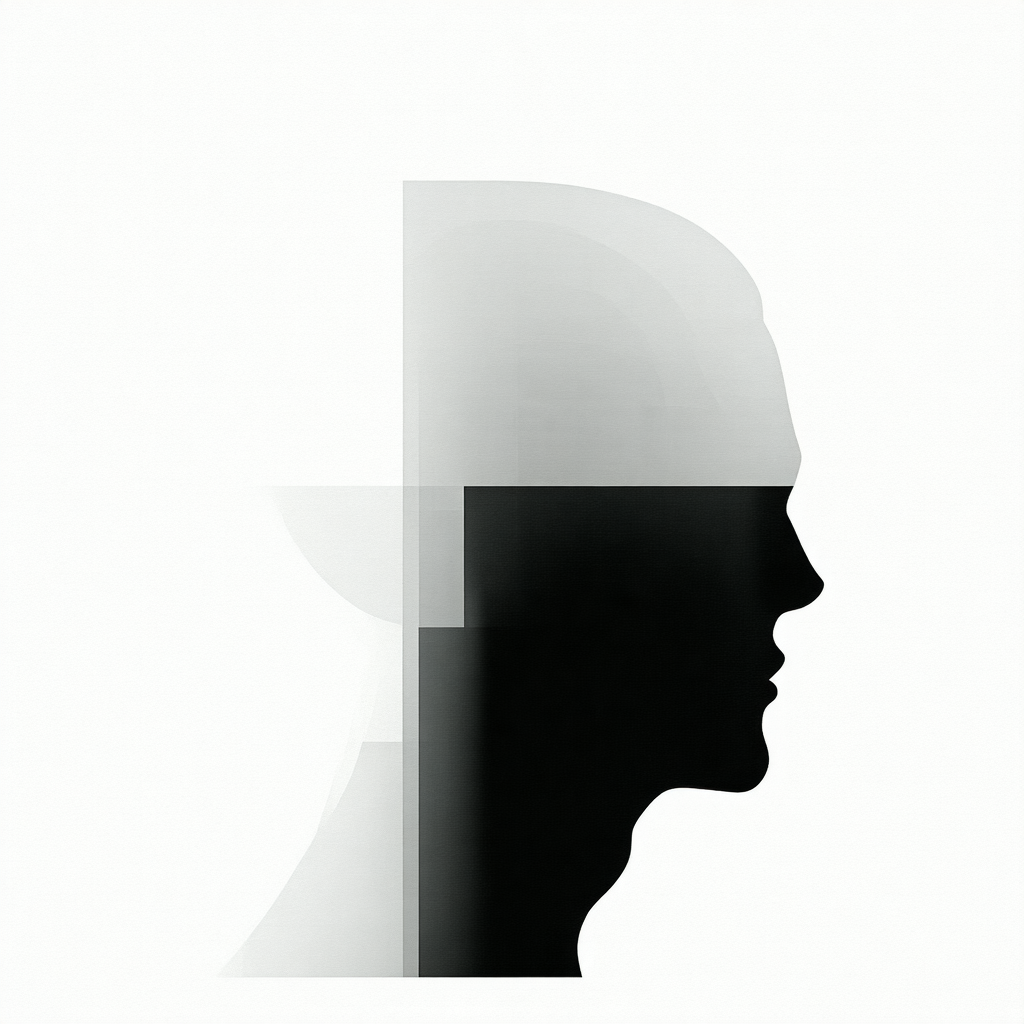
Lotería Reimagined: Tradition Meets Modern Humor
In the bustling streets of Mexico City, where tradition and modernity collide like two rivers meeting at a delta, a centuries-old game of chance is being redefined. Lotería, once a beloved pastime that told stories of identity, faith, and resistance through its colorful cards, is now evolving into a platform for humor, satire, and social critique. This transformation isn’t just about altering the rules or redesigning the visuals—it’s about reclaiming a cultural icon and injecting it with fresh energy to address the complexities of today’s world.
Lotería, often described as Mexico’s version of bingo, has been around since colonial times. The game originally used cards adorned with Catholic imagery, but over the centuries, indigenous symbols and secular themes began to infiltrate the designs. By the 19th century, it had become a vibrant reflection of Mexican identity, with cards featuring everything from saints to political figures. In the 20th century, it gained widespread popularity thanks to the iconic Lotería de México posters designed by artist José Gálvez, which remain instantly recognizable today.
But as Mexico grapples with issues like corruption, inequality, and cultural erasure, some artists are questioning whether the game can still resonate in its current form. Enter César Martínez, a young comedian and visual artist who has been reimagining lotería cards to reflect contemporary Mexican life. “Lotería is a mirror,” he says. “If we don’t update that mirror, it won’t show us the truth about ourselves.”
Martínez’s take on lotería isn’t just playful—it’s a bold commentary on issues like immigration, political corruption, and cultural identity. One of his most striking designs features a card titled “El Migrante” (The Migrant), with an illustration of a man standing at the border, half in Mexico and half in the United States. Another card, “La Corrupción” (Corruption), depicts a skeleton in a suit, holding a briefcase filled with money and a tiny scale labeled “Justicia” (Justice). These images are both humorous and deeply serious, forcing players to confront uncomfortable truths about their society.
Martínez isn’t alone in this endeavor. Across Mexico, grassroots organizations and artists are collaborating to create new sets of lotería cards that reflect the struggles and hopes of marginalized communities. In Oaxaca, for example, a group of indigenous activists has designed a set of cards featuring traditional attire, local landscapes, and symbols of resistance. “Lotería is more than just a game—it’s a way to keep our culture alive,” says María García, a member of the collective.
The reimagined lotería isn’t just for adults; it’s also finding a new audience among young people who grew up with digital entertainment but are hungry for meaningful cultural experiences. In Tijuana, a group of teenagers has created their own set of cards inspired by popular memes and social media culture. One card, “El Influencer” (The Influencer), shows a teenager holding a phone, surrounded by hashtags like #VidaMexicana and #SoyDeTJ. Another, “La Cuarentena” (Quarantine), features a family of four stuck at home with only cats to keep them company.
This shift is part of a larger movement in Mexico to reclaim cultural traditions while addressing modern challenges. By blending humor and satire into lotería, artists are not only making the game more relevant but also democratizing its message. “Lotería has always been about inclusion,” says Martínez. “It’s a way for people from all walks of life to come together and share stories. If we can make those stories reflect our reality today, then we’re doing something right.”
But as lotería evolves, some worry that the original spirit of the game will be lost. “I love the traditional lotería,” says Adriana López, a teacher in Guadalajara. “It’s part of who I am. But if it doesn’t change, it risks becoming irrelevant to younger generations.” To strike a balance, many artists are incorporating elements from both old and new sets into their designs, creating hybrids that honor the past while embracing the future.
The reimagined lotería isn’t just a game—it’s a conversation. It’s about what it means to be Mexican in a rapidly changing world, and how we can use our cultural heritage to navigate those changes. Whether you’re laughing at “El Migrante” or cringing at “La Corrupción,” the new lotería forces you to think critically about your place in society.
As I walk through Mexico City’s markets, I see people of all ages playing lotería, their laughter echoing through the streets. The game has always been a reflection of Mexican life, and now it’s taking on a new role—one that’s as much about resistance as it is about joy. Lotería reimagined isn’t just modernizing tradition; it’s proving that sometimes, the best way to honor the past is to reimagine it for the future.
About the Author:
Luis Gomes is Investigative Reporter at our publication. Reporter with a background in investigative journalism, focusing on human rights and social justice. Luis has worked across Latin America and Europe, uncovering stories that resonate globally.
 Journalist and photographer with a focus on Middle Eastern youth and their cultural contributions. Aisha’s work bridges traditional and modern storytelling in the region.
Journalist and photographer with a focus on Middle Eastern youth and their cultural contributions. Aisha’s work bridges traditional and modern storytelling in the region. Writer and researcher specializing in Asian arts and migration stories. Bella’s work explores how young Asians are shaping global culture through their experiences.
Writer and researcher specializing in Asian arts and migration stories. Bella’s work explores how young Asians are shaping global culture through their experiences. Reporter with a background in investigative journalism, focusing on human rights and social justice. Luis has worked across Latin America and Europe, uncovering stories that resonate globally.
Reporter with a background in investigative journalism, focusing on human rights and social justice. Luis has worked across Latin America and Europe, uncovering stories that resonate globally. Sarah is a seasoned journalist with over 15 years of experience in global news and media. She has led teams in some of the world’s most challenging reporting environments, bringing a vision for storytelling that connects cultures and empowers voices.
Sarah is a seasoned journalist with over 15 years of experience in global news and media. She has led teams in some of the world’s most challenging reporting environments, bringing a vision for storytelling that connects cultures and empowers voices.